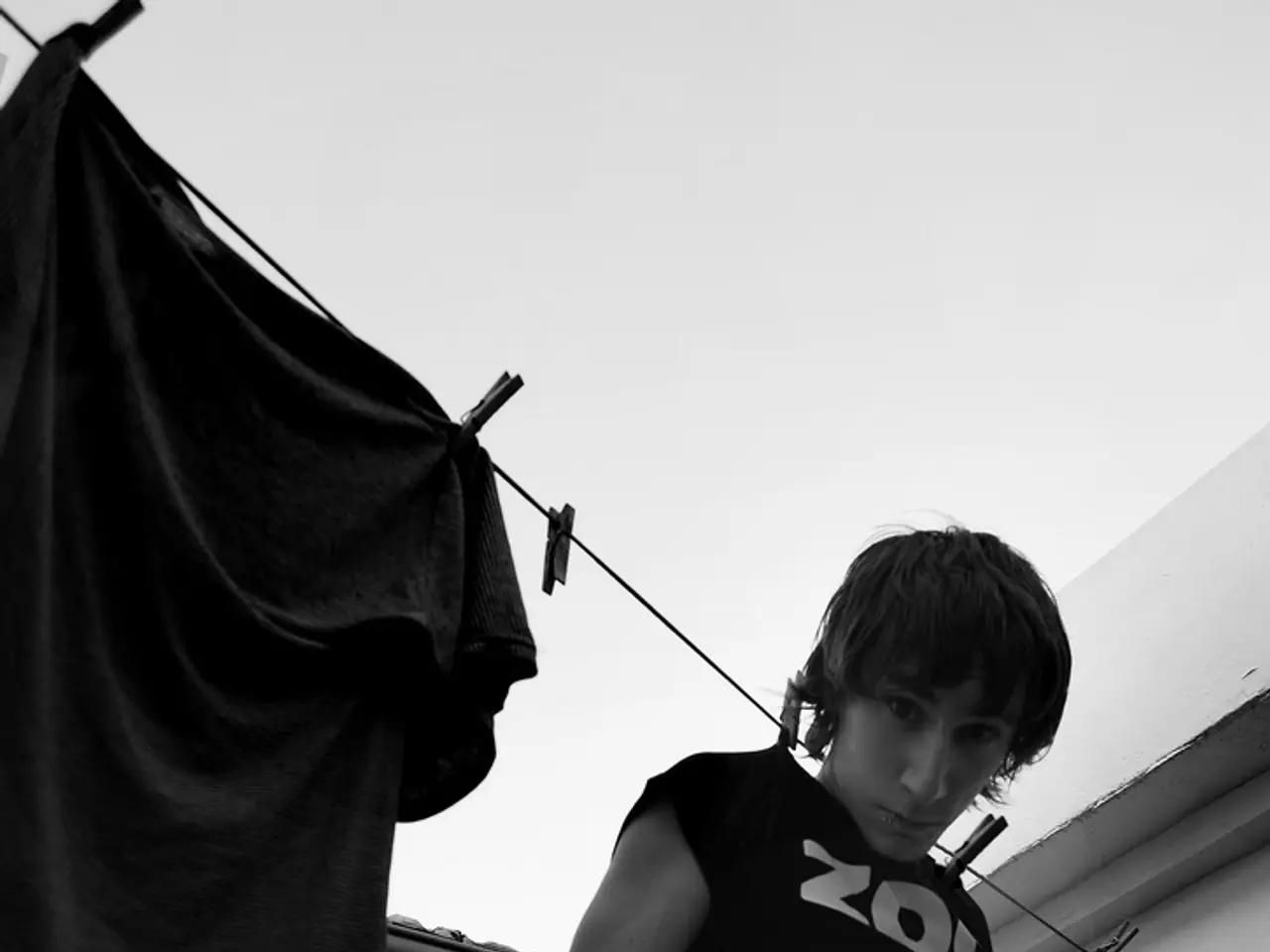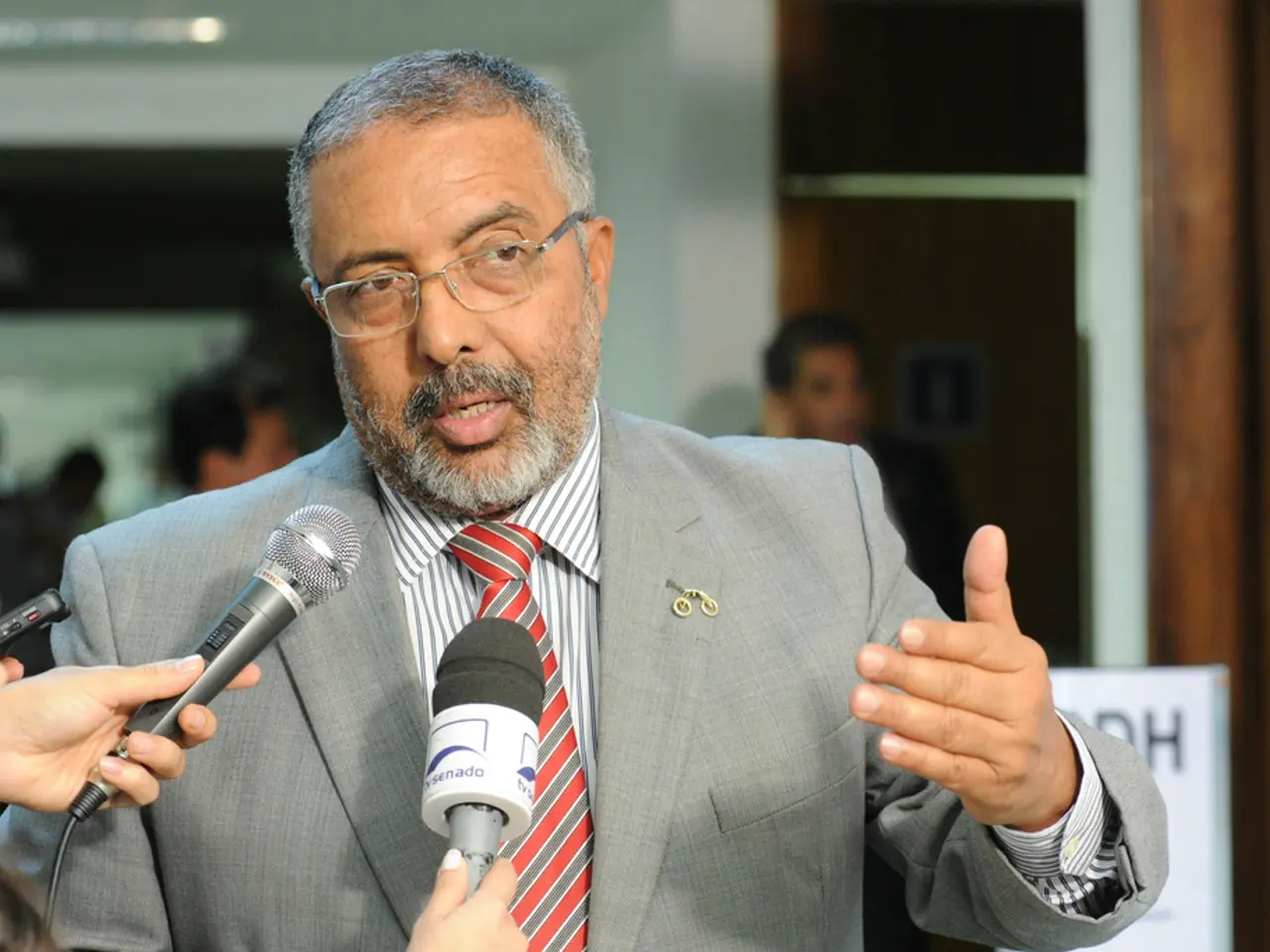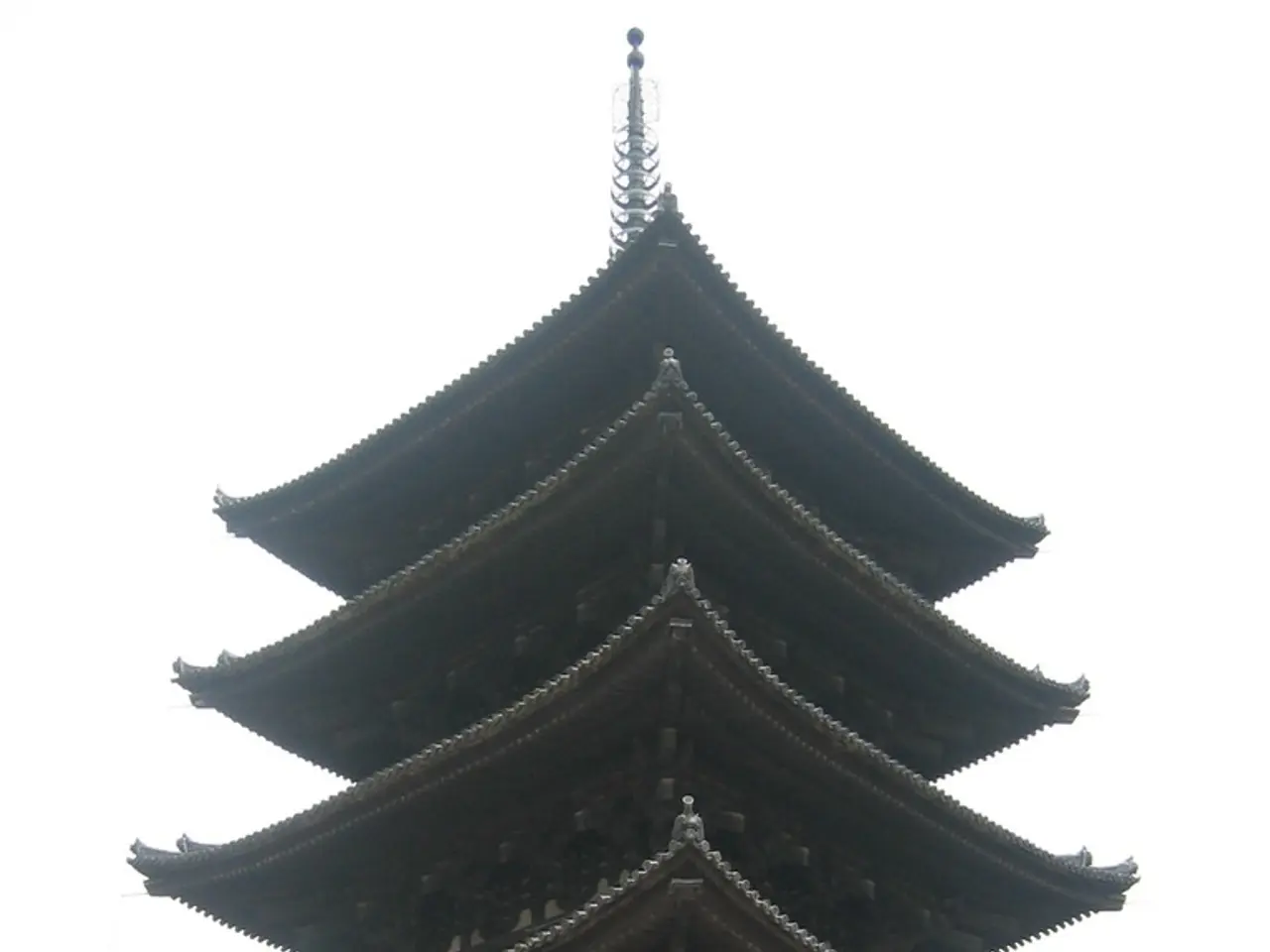Nine Shadowed Lives: Japan Carries Out Execution of Japan's "Twitter Slayer"
Japan is focusing on apprehending the suspect known as the "Twitter Murderer"
Japan has carried out the death penalty on a notorious killer, Takahiro Shiraishi, a 30-year-old man who sought out vulnerable individuals through the Twitter platform in 2017 and snuffed out nine lives. This marks Japan's first execution since 2022.
The "Twitter Slayer" targeted young women aged between 15 and 26, luring them into his apartment where he strangled and dismembered them. These murders were brought to light when authorities were searching for one of the victims in the city of Zama, near Tokyo. Shiraishi confessed to killing nine people, eight women and one man, and claimed he met his victims through the social media platform Twitter.
Shiraishi's activities earned him the chilling nickname "Twitter Slayer." His Twitter profile read, "I'm here to help people who are really suffering. Send me a DM anytime." He then offered his victims a way out, claiming he could help them die, and in some cases, he would join them in their demise. When authorities raided his apartment, they unearthed nine dismembered bodies stowed in refrigerators and toolboxes, earning his home the grotesque moniker, the "House of Horrors."
Sensational Trial and Controversy
Shiraishi stood trial with prosecutors seeking the death penalty for his heinous crimes, but his lawyers attempted to argue for a lesser charge of "mutual consent to murder" and cited his victims' consent to their deaths. They also requested a psychiatric evaluation. However, Shiraishi later disputed his defense team's portrayal of events, stating that he had killed without the victims' consent.
On December 2020, during his sentencing, Shiraishi was sentenced to death, attracting hundreds of spectators. His serial murders sent shockwaves throughout Japan and spurred discussions about how online suicide is portrayed and handled. The tragic killing spree also led to an alteration in Twitter's rules, as users are now prohibited from promoting or encouraging self-harm or suicide.
Execution by Hanging
Japan's Justice Minister, Keisuke Suzuki, approved Shiraishi's execution, citing Shiraishi's "extremely selfish" motive behind the crimes, which had "caused great shock and unrest in society." In Japan, death penalty is executed through hanging, with prisoners being informed of their execution only a few hours beforehand, causing significant stress for those on death row, a practice widely criticized by human rights organizations.
- Japan
- Capital Punishment
- Murder and Manslaughter
- X (formerly Twitter)
Enrichment Data:The history of capital punishment in Japan has been characterized by a secretive, strict process involving hanging, with executions being relatively rare and infrequently publicly disclosed until recent years. Japan continues to retain the death penalty, unlike most other advanced industrial nations, and public support for it remains strong despite growing opposition internationally and some domestic criticism concerning transparency and human rights.[1][2]
Takahiro Shiraishi's case, dubbed the "Twitter Killer," sparked a wave of debate about online safety and the exploitation of social media platforms for nefarious purposes. The execution of Shiraishi led to a change in Twitter's rules, banning users from promoting or encouraging self-harm or suicide.[2][4] Shiraishi's gruesome crimes underscored the risks posed by predators using social media to target vulnerable individuals, prompting calls for enhanced monitoring of online interactions, consolidated reporting mechanisms, and collaboration between social media companies and law enforcement agencies to avoid similar tragedies in the future.[1] Shiraishi's trial and execution also brought attention to Japan's capital punishment system, which has faced controversy over issues such as secrecy, solitary confinement, and lack of transparency.[1][3]
The execution of Shiraishi is reminiscent of Japan's execution of 13 Aum Shinrikyō cult members linked to the Tokyo sarin gas attack in 2018, signifying Japan's determination to apply the death penalty for high-profile cases.[1][3] Overall, Shiraishi's execution reflects Japan's continued embrace of capital punishment for severe crimes and its impact on public discourse concerning online safety and social media platform responsibilities.
The European Parliament may express concerns over the recent execution of Takahiro Shiraishi, a notorious killer in Japan, due to the case's connection to online platforms, such as Twitter, which could be exploited for dangerous purposes. The politics surrounding the situation in the former Yugoslavia and other war-and-conflicts, general news, and crime-and-justice issues may influence the Parliament's stance on Japan's capital punishment system and its handling of the execution.
The brutal murder spree committed by the "Twitter Slayer," Takahiro Shiraishi, has raised broader questions about online safety, particularly regarding vulnerable individuals and the possible exploitation of social media platforms, mirroring concerns related to the situation in the former Yugoslavia, where politics and crime-and-justice issues often intersect.






